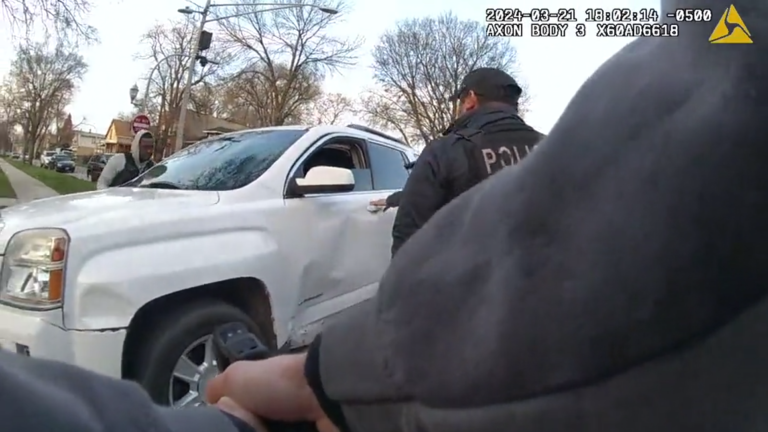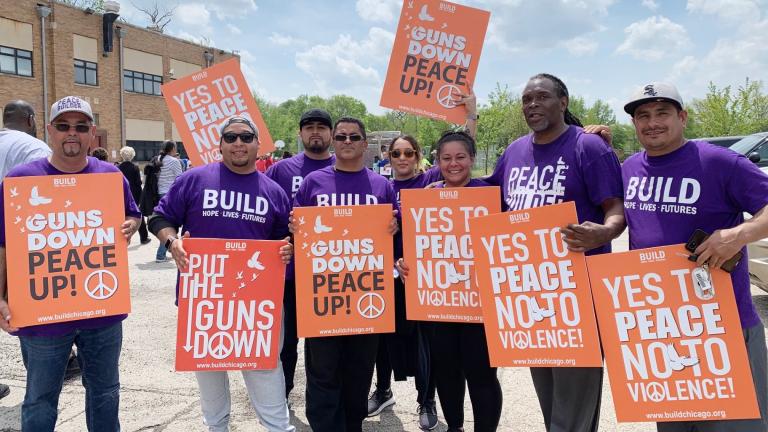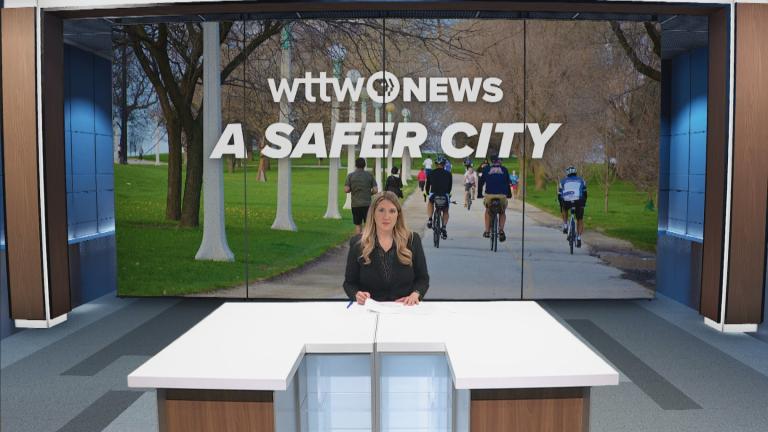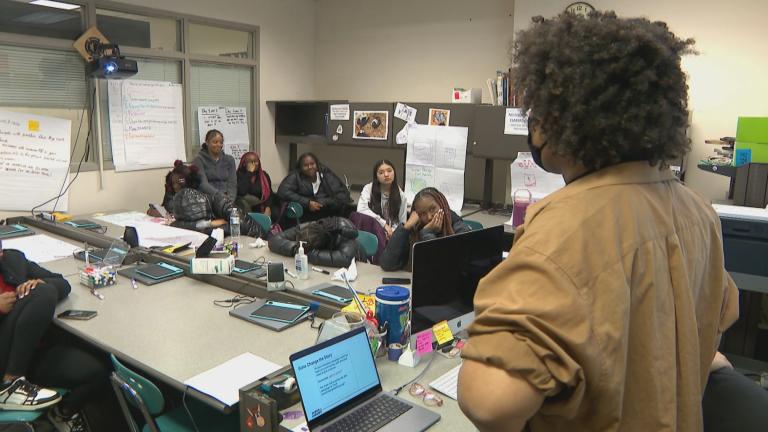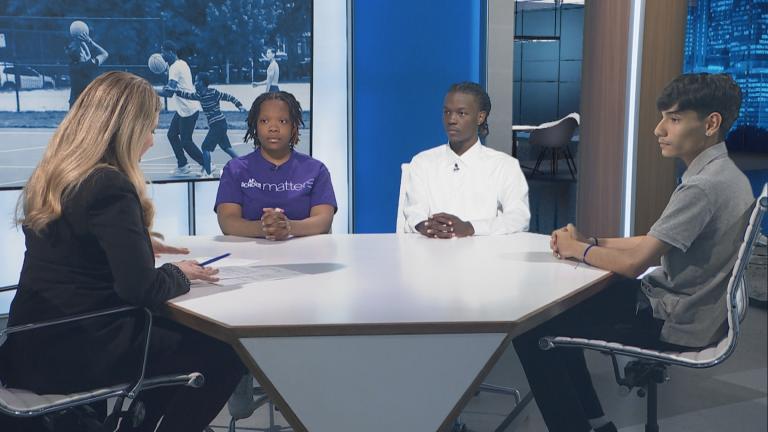A violence prevention approach that hires former gang members and formerly incarcerated individuals is gaining momentum across the country.
Here in Chicago, Mayor Brandon Johnson has given these initiatives his backing, along with millions in city funding.
The state and federal government have also allocated millions in funding this year for anti-violence programs — ones that hire local residents at high risk of being shot or shooting others. Many of these street outreach workers are former gang members. They serve as mediators and peacekeepers in the very neighborhoods where they may have once gotten into trouble.
Anti-violence street outreach can be dangerous, demanding and underpaid work, but for some it feels like a calling.
“I created this because I grew up in the South Side projects. I’m not an ex-offender myself, but I’ve been around a lot of violence. I believe I was meant to do this,” says Tio Hardiman, executive director of Violence Interrupters. “Stopping a conflict is just the tip of the iceberg. We’ve mediated 30 conflicts that could have turned deadly. We work with young people between 16-25 helping them become employable, making sure they have housing, referring them to social support and services.”
Chico Tillmon went from gang life to prison to getting his Ph.D. in criminology. He’s now director of the CVI Leadership Academy at the University of Chicago Crime Lab.
Tillmon sees the Community Violence Intervention (CVI) strategy as the most comprehensive and successful approach to decreasing gang violence.
“CVI deals with individuals at the highest risk of a fatality. It’s a complementary approach to law enforcement in the community safety ecosystem,” says Tillmon. “We also need all the other components of care to address the root causes of community violence. In addition, we need continuous support at the federal, state and local levels in both finance and resources.”
Benneth Lee, instructor of Justice Studies at Northeastern Illinois University, agrees that a holistic approach is required to deescalate gang violence.
“We have to change their minds about how to deal with situations that may provoke them to respond in a violent way,” Lee said. “The gang member has to buy into the belief that he/she can become a nonviolent person. They have to understand being nonviolent is not being passive but being aggressively nonviolent.”
Hardiman, Tillmon and Lee joined Berto Aguayo, co-founder and executive director of Increase the Peace, for a conversation about Chicago’s violence prevention movement.

